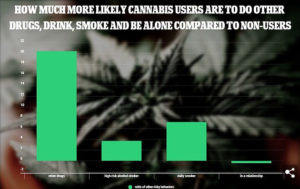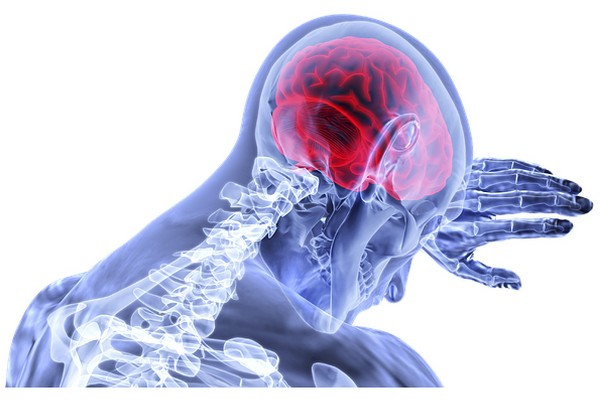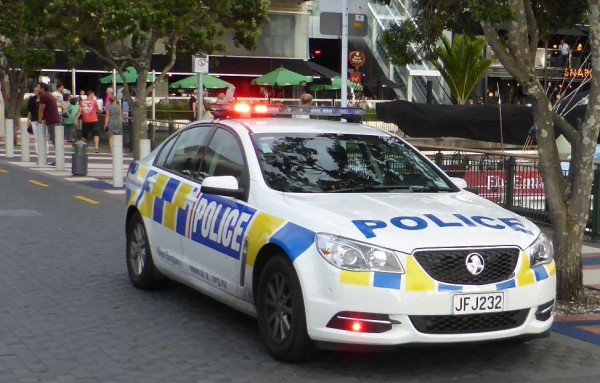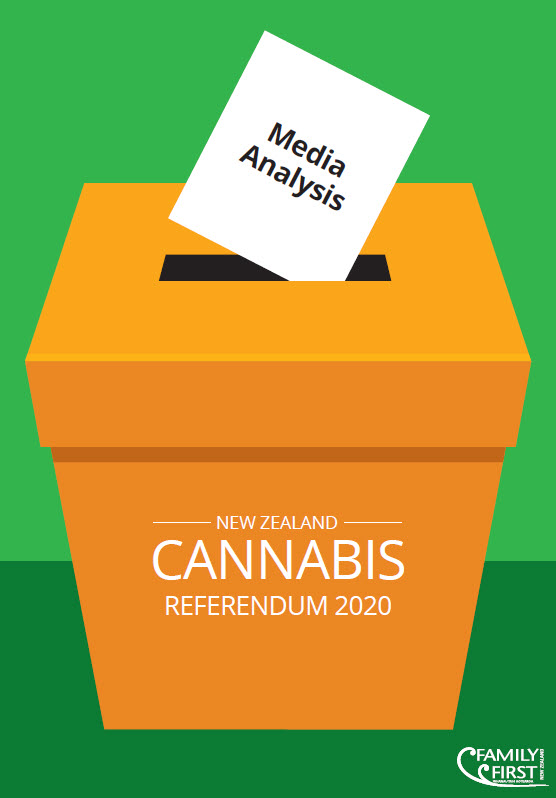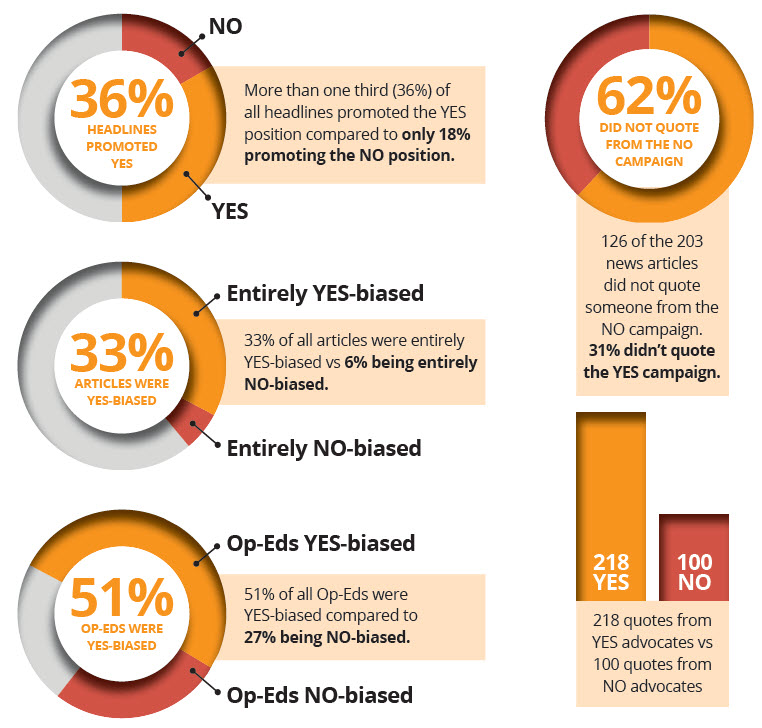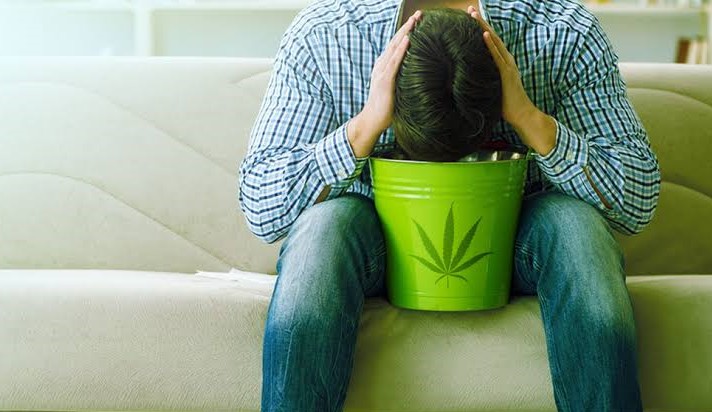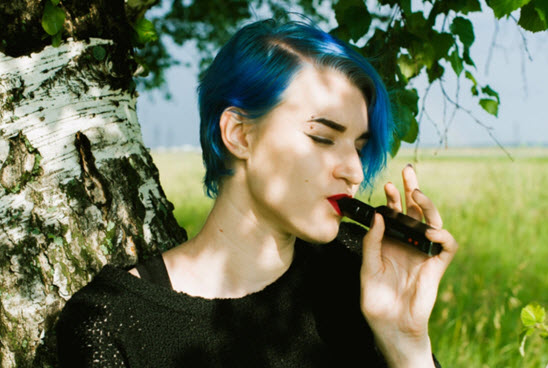
Media Release 1 February 2021
A longitudinal study led by the University of Queensland in collaboration with Murdoch Children’s Research Institute and the University of Melbourne has found that regular cannabis use has harmful effects regardless of the age a person starts using it.
The research – published in the journal Drug and Alcohol Review – followed 1792 Australian high school students aged 15 in 1992, and investigated their patterns of cannabis use across twenty years.
It found that by the age of 35, those who had regularly used cannabis in their early 20s were far more likely to engage in high-risk alcohol consumption, not have a job, and be daily smokers. They were also 20x more likely to use illicit substances, and 60% more likely to not be in a stable relationship. There was also a higher risk of depression.
The study authors said: “Two-thirds of people who use cannabis regularly started use in their early 20s. Because adult-onset is a lot more common than adolescent on-set, most of the harms associated with cannabis are in fact in the group who begin later on. Those who began regular use as a young adult accounted for the highest proportion of subsequent illicit drug use and tobacco use in the population, and a much higher proportion of high-risk drinking.”
Dr Gary Chan, the study’s lead author, said the key message of this study is that as well as for teenagers, there is an elevated risk of a range of adverse outcomes for those who started using cannabis regularly in their early 20s, and that the risk was still high, even if the participants had stopped using it as much by their 30s. Dr Chan said many previous studies had documented the harms associated with regular cannabis use in teens, but few have looked at the adverse consequences associated with use from young adulthood. Overall, regular use of cannabis – more than weekly and especially daily use – was found to have harmful consequences, regardless of the age people began using it.
“While many studies, including the Christchurch Health and Development Study and the Dunedin Multidisciplinary Health & Development Study, and also the US Surgeon-General have all pointed to the risks of cannabis use for adolescents, this Australian study finds adverse outcomes also for those who started using cannabis regularly in their early 20s. There is a basic public health message which the New Zealand government should be strongly pushing – regular cannabis use is harmful, regardless of when an individual initiates its use,” says Bob McCoskrie, National Director of Family First NZ.
According to the latest Ministry of Health data, use of cannabis in New Zealand in the past 12 months is most prevalent amongst the 15-34 year old age group. In 2019, only 23% of high school students reported having ever using marijuana in their lifetime, dropping from 38% in 2001.
ENDS


